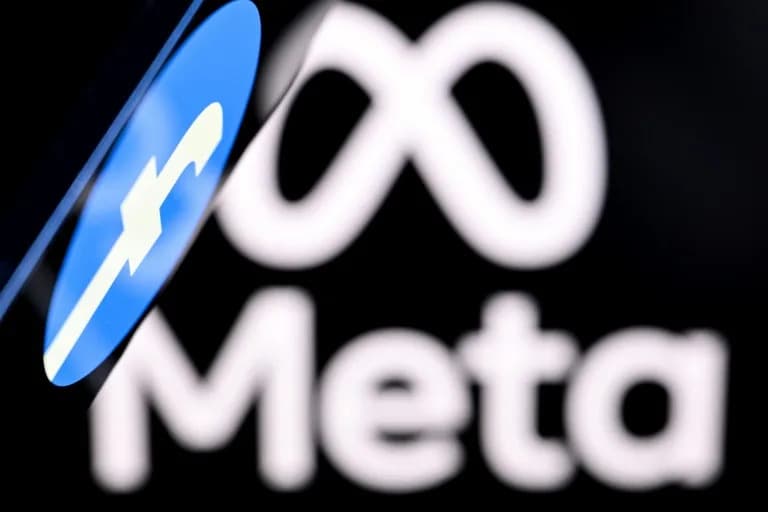Deceptive paid adverts on Facebook, Instagram and Threads are reaching Indonesian users by masquerading as game tips or health posts and redirecting them to betting sites. Despite a national ban and heavy penalties, regulators say more than 5.7 million gambling-related items have been removed and influencers arrested. A Populix study found 98% of social users encountered gambling promos, and online transactions totalled about 927 trillion rupiah from 2017–Q1 2025.
Deceptive Gambling Ads Flood Meta Platforms in Indonesia Despite Ban

Gambling promoters are using disguised ads to reach Indonesian users across Meta platforms — in breach of both company policy and national law. An AFP investigation found dozens of paid adverts on Facebook, Instagram and Threads that masquerade as harmless content but redirect users to betting sites.
How the ads work
Many posts appear to promote video games, health tips or fruit benefits, but they employ a classic "bait-and-switch" tactic: clicking through takes users to online betting platforms that promise quick wins for new registrants. One account ran 49 ads under the innocuous headline "Pomegranate: The Exotic Red Fruit Rich in Benefits" but linked to a betting site that promised users they could "directly win."
Scope and enforcement
Both online and offline gambling — and advertising it — are illegal in Indonesia. Authorities say they have removed more than 5.7 million pieces of gambling-related online content over the past eight years, and police arrested at least 85 influencers last year for promoting online betting.
Penalties are steep: promoting gambling can carry up to 10 years in prison, while participating in gambling can result in up to four years behind bars. The Ministry of Communication and Digital Affairs regularly requests platforms to remove offending material and issues warning letters when platforms fail to act; repeated inaction can lead to access termination.
Platforms and responses
Meta did not respond to AFP's requests for comment. AFP did note that nearly two dozen sample adverts it flagged were later removed from Meta’s ad library. In October, regulators temporarily suspended TikTok’s operating licence after it declined to provide requested data tied to suspected gambling monetisation on live streams.
Research and user impact
A forthcoming Populix study shared with AFP found that 98% of Indonesian social media users have seen gambling promotions, including paid ads. Of those exposed, 32% said they tried online gambling after seeing such promotions, and 4% of that group reported they still gamble.
Indonesia’s Financial Transaction Reports and Analysis Center told AFP that online gambling transactions totalled 927 trillion rupiah (about $55.7 billion) from 2017 through Q1 2025, and previously reported that around 80% of online gambling users are students or people from low-income backgrounds.
Risks and recommendations
Users — including minors — can be exposed to these ads because they are designed to blend in with normal social content. Observers and regulators urge social platforms to strengthen ad detection and moderation systems, tighten account verification for advertisers, and improve transparency around ad buyers and targeting. If repeated violations are left unaddressed, Indonesian regulators warn they will escalate enforcement under applicable laws.
"The ministry urges all digital platforms to strengthen their ad detection and moderation systems in accordance with Indonesian laws and regulations," Alexander Sabar, director general for digital space supervision, told AFP on November 12.
AFP contacted several accounts behind the adverts but did not receive substantive responses. The investigation highlights the challenge global platforms face in policing covert, paid promotions that exploit cultural and regulatory blind spots.
Help us improve.




























